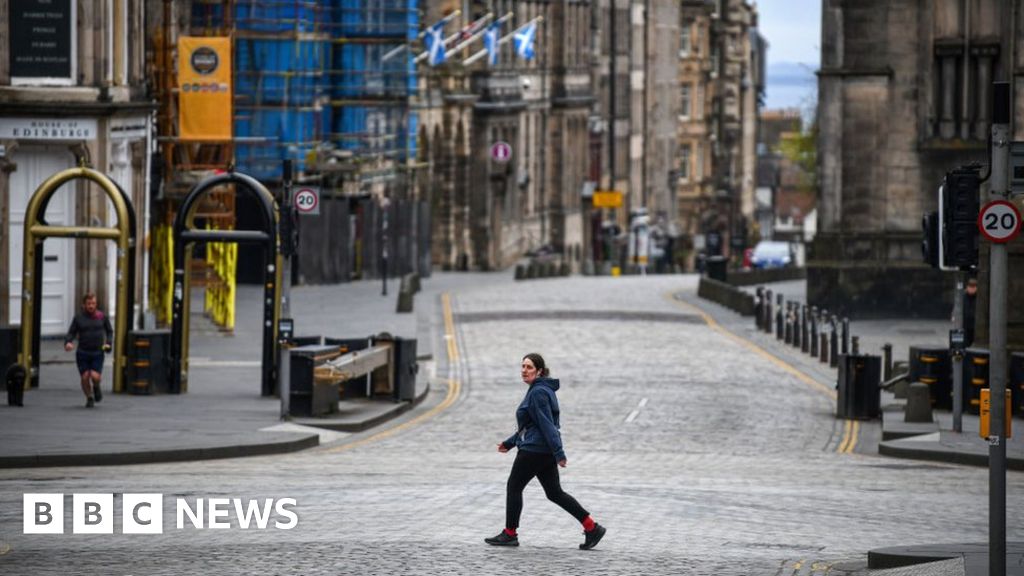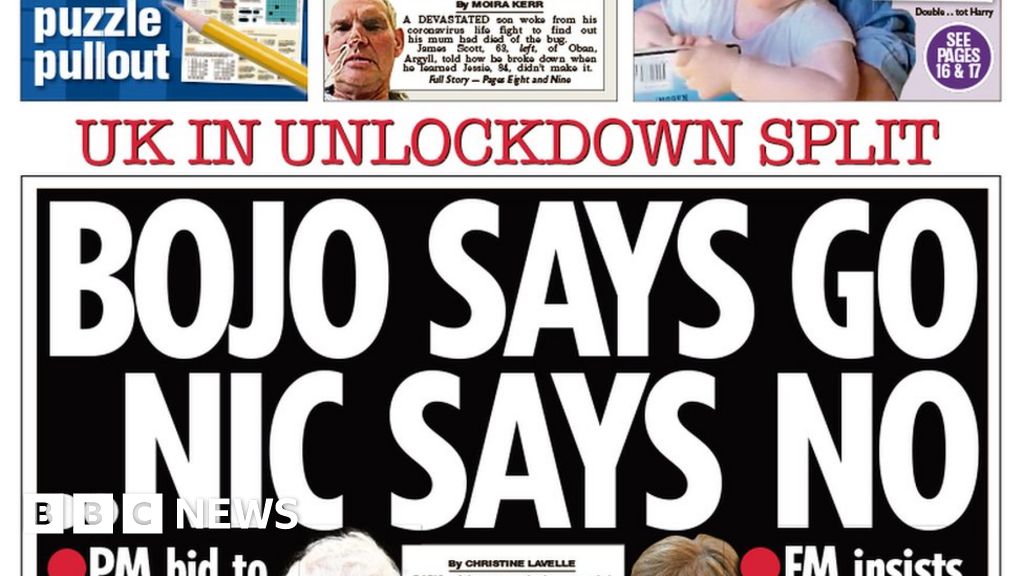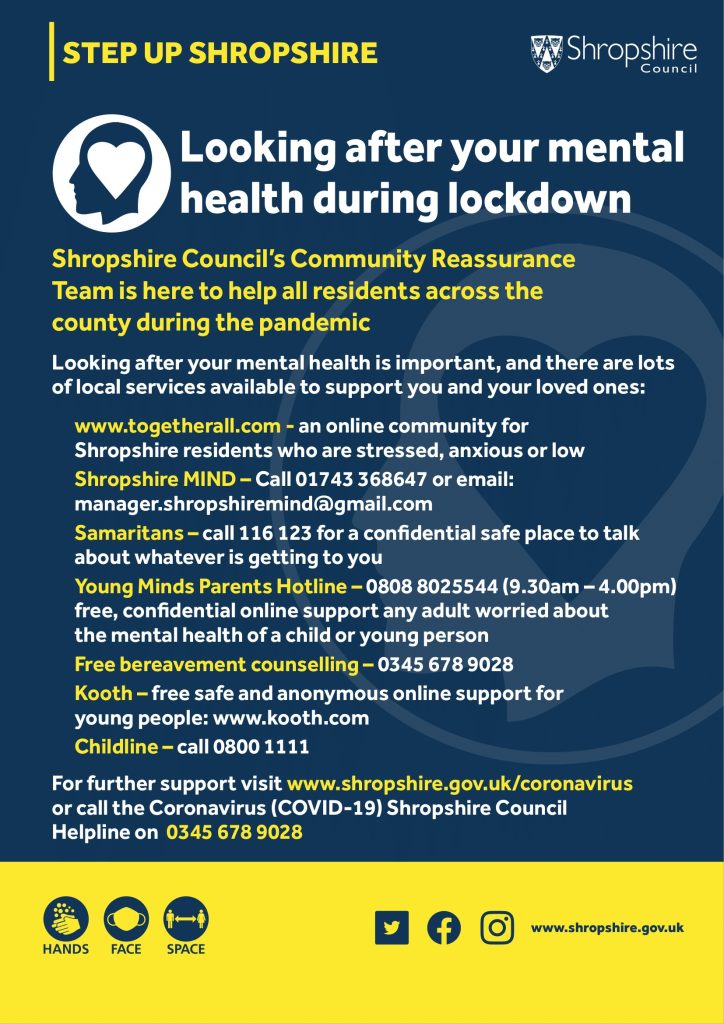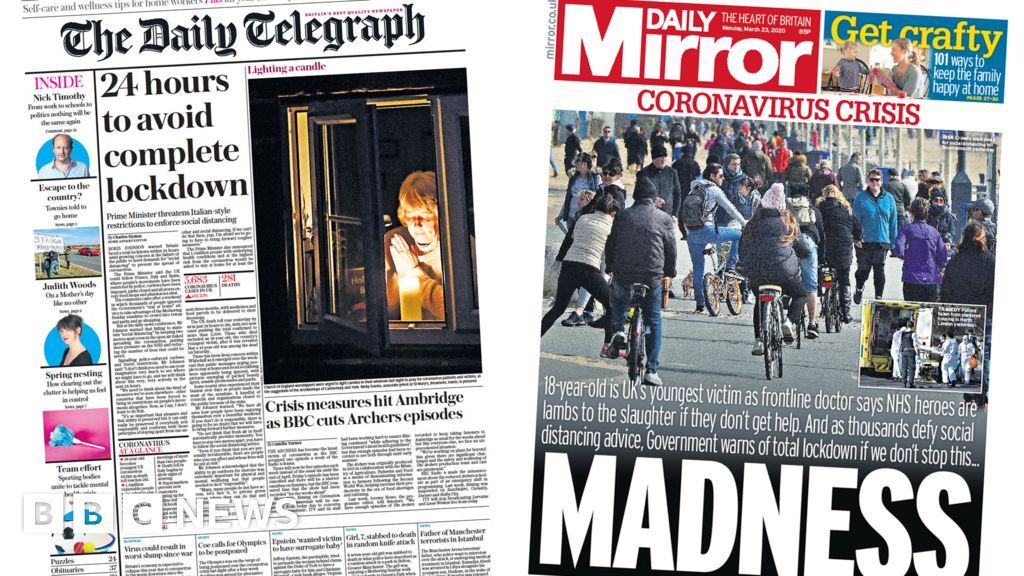

J ohnson said shops, gyms, personal care businesses and leisure facilities will be allowed to reopen, and collective worship, weddings and outdoor sports can resume under lower restriction tiers. Under the new easing of restrictions, people will be allowed to leave their homes for any purpose, with public religious ceremonies and certain leisure activities continuing once again. He said that after December 2, England would re-enter a tiered system of toughened regional restrictions, bolstered by major testing program s in areas with the highest infection rates.īritain has seen more than 55,000 deaths from some 1.5 million cases of coronavirus, one of the worst rates in the world. Read more: Coronavirus: How long am I immune after an infection? "We have turned a corner and the escape route is in sight," Johnson emphasized. By the spring these advances should reduce the need for the restrictions we've endured in 2020 ," he added. "We know in our hearts that next year we will succeed. "The breakthroughs in treatment, in testing vaccines mean that the scientific cavalry is now in sight," the prime minister said. The loosening of rules only applies to England, as Scotland, Wales and Northern Ireland all have their own restrictions. Lockdown "could have been shorter" or had a "different" approach, he said.Ī public inquiry looking at the government's preparedness as well as the public health and economic response to the pandemic is expected to begin taking evidence next year.UK Prime Minister Boris Johnso n announce d on Monday that England's current tough coronavirus restrictions would not be extended after December 2.Īddressing lawmakers in Parliament, Johnson confirmed that his government plans to lift the stay-at-home instruction, which had been introduced early this month to curb a new surge in coronavirus cases. "It was the first time someone had said it. "There was a big silence afterwards," he said.

He said during one meeting he tried to voice his opposition to closing schools, saying he got "very emotional about it". Sunak, who resigned from Johnson's government last month, suggested schools could have stayed open during the pandemic. After suffering some of the highest death rates at the start of the pandemic, it later became one of the first major economies to reopen.Īsked about Sunak's remarks, a government spokesperson defended its record on COVID, saying the economy and children's education were central to the difficult decisions made during the pandemic. Sunak said it was wrong for the government to publish posters showing patients on ventilators and claimed that the Cabinet Office was "very upset" when he gave a speech in September 2020 urging people to "live without fear".īritain under Johnson was slower than most of its European peers to lock down in early 2020.

'VERY EMOTIONAL'Īsked why opinion polls showed that the public was eager for the country to be in a lockdown, Sunak said: "We helped shape that: with the fear messaging". Sunak himself was widely popular at the start of the pandemic because as then finance minister he launched a furlough scheme that kept many people on payrolls even when lockdowns meant they could not work. "If you empower all these independent people, you're screwed," he said. Sunak said it is unfair to blame civil servants because ministers are elected to take decisions. Sunak said that during the start of the pandemic, when presented with scenarios by the scientists about what would happen if lockdowns were not imposed or extended, his requests for the underlying modelling were ignored. Sunak said scientists on the Scientific Advisory Group for Emergencies, the group that helped respond to the outbreak, were given too much influence by ministers on decision making such as closing schools and nurseries.

"The script was: 'oh there's no trade-off, because doing this for our health is good for the economy'." "The script was not to ever acknowledge them," he told the Spectator magazine. He said he was banned by officials in Johnson's office from discussing the "trade-offs" of imposing coronavirus-related restrictions, such as the impact on missed doctor's appointments and lengthening waiting lists for health care in the state-run National Health Service. Sunak said the government had been "wrong to scare people" about coronavirus.
UK LOCKDOWN FOR FREE
Register now for FREE unlimited access to Register


 0 kommentar(er)
0 kommentar(er)
